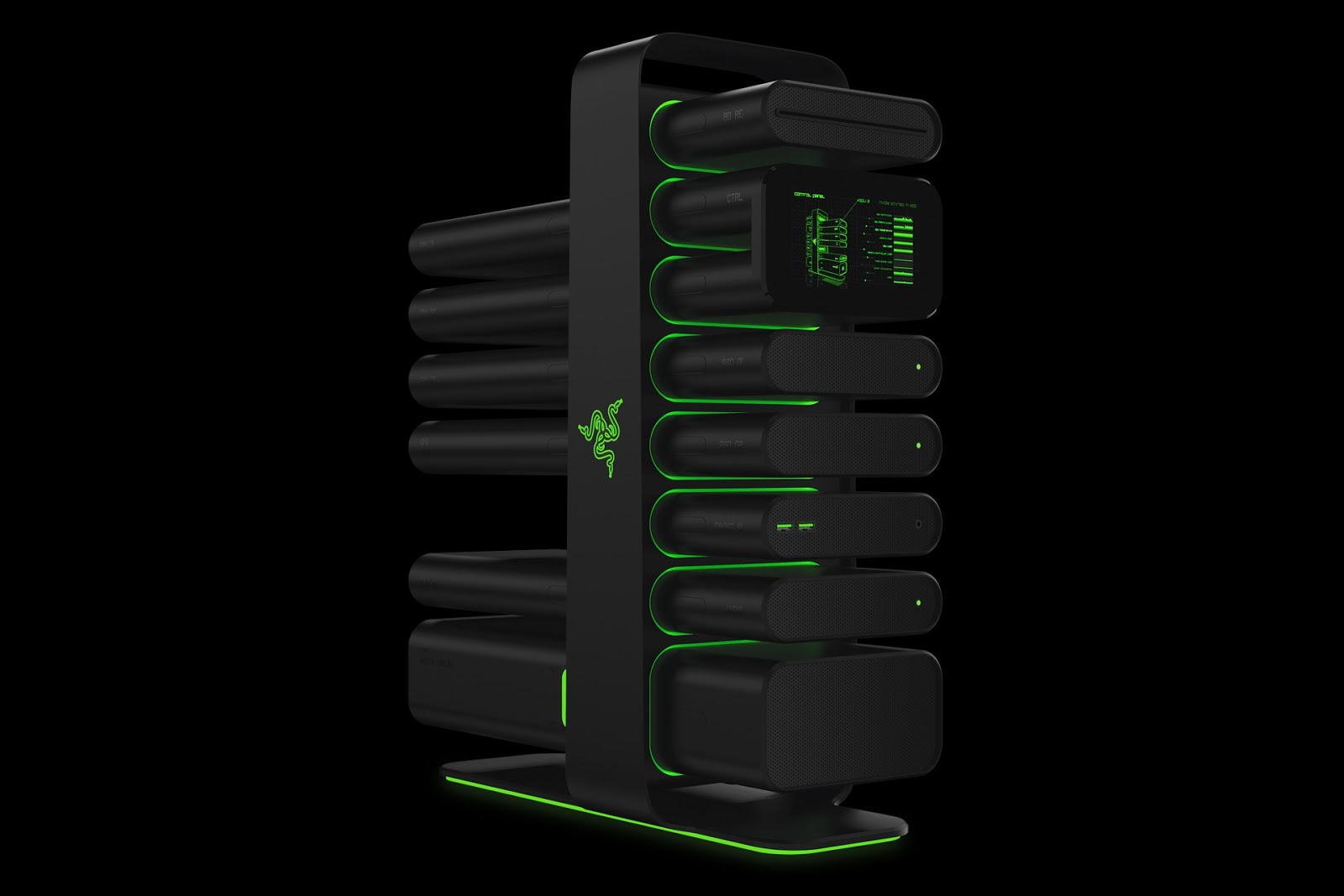In checking local Linux news, I came across a press release from Replicant.
Replicant is a "free" (or open source) variant of Android that uses CyanogenMod and can be used to power many cell phones including the HTC Dream/HTC Magic, Nexus One, Nexus S, Galaxy S, Galaxy S 2, Galaxy Note, Galaxy Nexus, Galaxy Tab 2 7 inch, Galaxy Tab 2 10.1 inch, Galaxy S 3, Galaxy Note 2, and GTA04.
This week Replicant became the equivalent of Android Jelly Bean, (or version 4.2).
Here's a little about CyanogenMod:
"CyanogenMod (pronounced sigh-AN-oh-jen-mod), is a customized, aftermarket firmware distribution for several Android devices (See above for supported devices & how to install CyanogenMod on said devices). Based on the Android Open Source Project, CyanogenMod is designed to increase performance and reliability over Android-based ROMs released by vendors and carriers such as Google, T-Mobile, HTC, etc. CyanogenMod also offers a variety of features & enhancements that are not currently found in these versions of Android." -http://www.cyanogenmod.org/about
I have heard the question "Why make Replicant?" asked on a few open source/Linux boards, and I think there are 2 good reasons behind it.
Number one has to be that since it is now the most used operating system on the planet, it's good to keep an open source variant around in case Google decides to lock us out and charge an arm and a leg to develop on it.
The second reason is that once you have an Android "Replicant" you can fork it to fit your specialized needs without stepping on Google's toes or breaking laws.
If you would like more information on Replicant, here are some links for you:
Replicant's official website: http://www.replicant.us/
Replicant's Wiki pages: http://redmine.replicant.us/projects/replicant/wiki
CyanogenMod;s official website: http://www.cyanogenmod.org/
Although you won't notice much if any difference in screenshots between Replicant and Android, I thought I would include them anyways. (Because pictures make for a sharper looking article, and I spent the effort digging them up.)




































